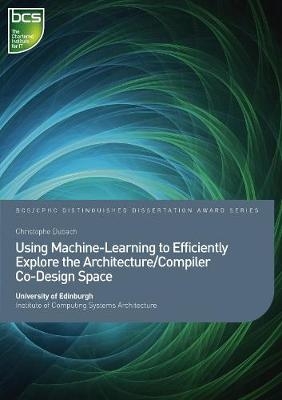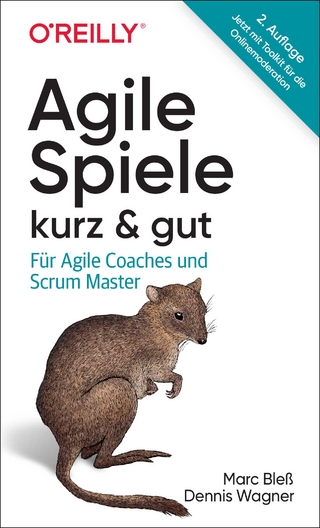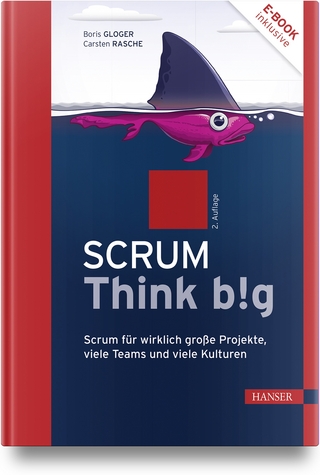
Using Machine-Learning to Efficiently Explore the Architecture/Compiler Co-Design Space
Seiten
2010
BCS, The Chartered Institute for IT (Verlag)
9781906124663 (ISBN)
BCS, The Chartered Institute for IT (Verlag)
9781906124663 (ISBN)
- Titel ist leider vergriffen;
keine Neuauflage - Artikel merken
This thesis proposes the use of machine-learning to address architecture/compiler co-design. The techniques developed in represent a new methodology with the potential to speed up the design of new processors and automate the generation of the corresponding optimising compilers, resulting in higher system efficiency and shorter time-to-market.
Designing new microprocessors is a time-consuming task. Architects rely on slow simulators to evaluate performance and a significant proportion of the design space has to be explored before an implementation is chosen. This becomes even more time-consuming when compiler optimisations are considered as part of the design process; once a new architecture is selected, a new compiler must be developed and tuned.
This thesis proposes the use of machine-learning to address architecture/compiler co-design. The techniques developed in this work represent a new methodology that has the potential to speed up the design of new processors and automate the generation of the corresponding optimising compilers, resulting in higher system efficiency and shorter time-to-market.
Designing new microprocessors is a time-consuming task. Architects rely on slow simulators to evaluate performance and a significant proportion of the design space has to be explored before an implementation is chosen. This becomes even more time-consuming when compiler optimisations are considered as part of the design process; once a new architecture is selected, a new compiler must be developed and tuned.
This thesis proposes the use of machine-learning to address architecture/compiler co-design. The techniques developed in this work represent a new methodology that has the potential to speed up the design of new processors and automate the generation of the corresponding optimising compilers, resulting in higher system efficiency and shorter time-to-market.
Christophe Dubach received his Ph.D in Informatics from the University of Edinburgh in 2009 and holds a M.Sc. degree in Computer Science from EPFL, Switzerland. He is currently an RAEng/EPSRC Research Fellow in the Institute for Computing Systems Architecture at the University of Edinburgh.
1 Introduction
2 Machine-Learning and Evaluation Methodology
3 Related Work
4 Exploring and Predicting the Microarchitectural Design Space
5 Exploring and Predicting the Co-Design Space
6 Towards a Portable Optimising Compiler
7 Conclusions
| Erscheint lt. Verlag | 1.3.2010 |
|---|---|
| Reihe/Serie | Distinguished Dissertation |
| Verlagsort | Swindon |
| Sprache | englisch |
| Maße | 210 x 297 mm |
| Themenwelt | Informatik ► Software Entwicklung ► Agile Software Entwicklung |
| Informatik ► Theorie / Studium ► Compilerbau | |
| Technik ► Elektrotechnik / Energietechnik | |
| ISBN-13 | 9781906124663 / 9781906124663 |
| Zustand | Neuware |
| Informationen gemäß Produktsicherheitsverordnung (GPSR) | |
| Haben Sie eine Frage zum Produkt? |
Mehr entdecken
aus dem Bereich
aus dem Bereich
Kombinierbare Praktiken in Zeiten von Agile und Lean
Buch (2025)
Hanser (Verlag)
CHF 55,95
Scrum für wirklich große Projekte, viele Teams und viele Kulturen
Buch (2024)
Carl Hanser (Verlag)
CHF 48,95


